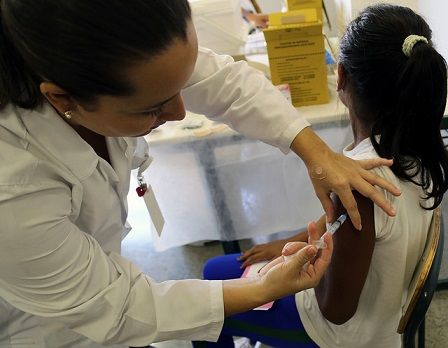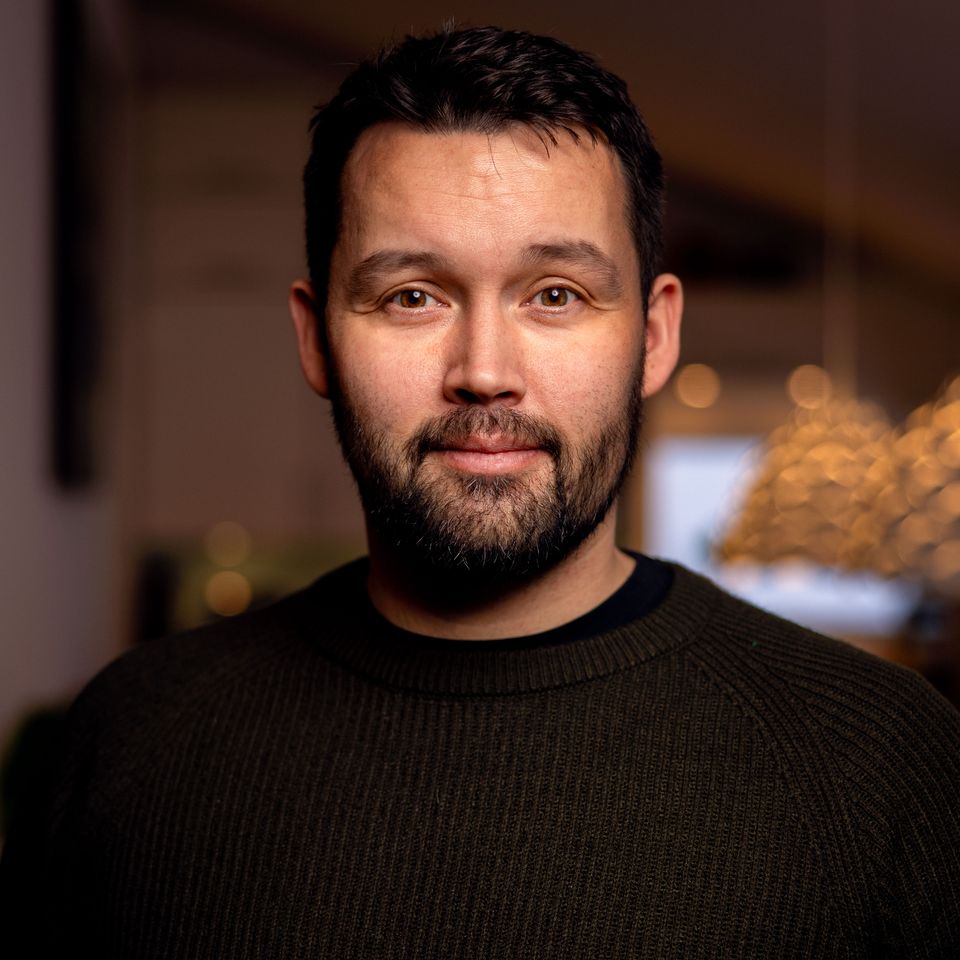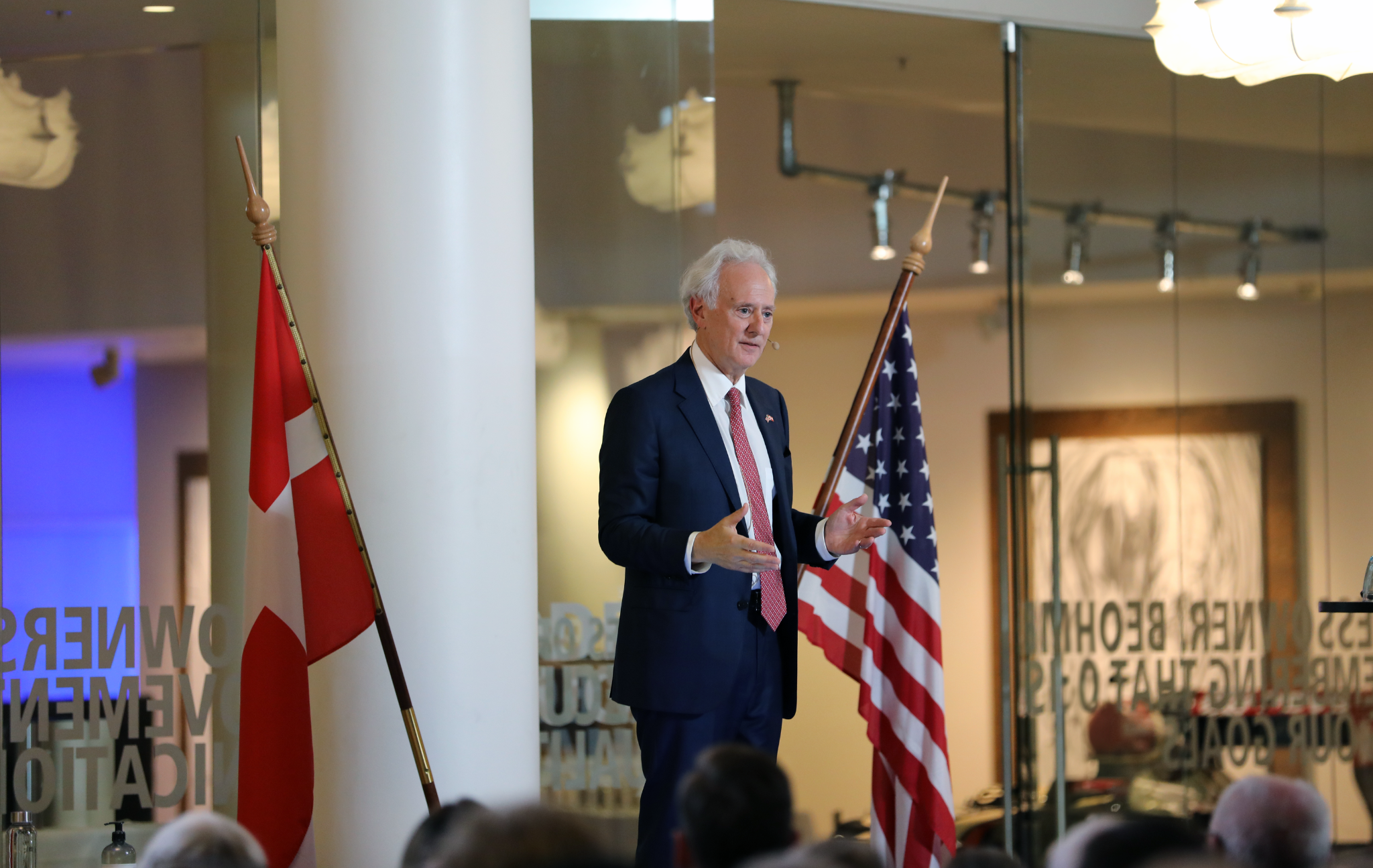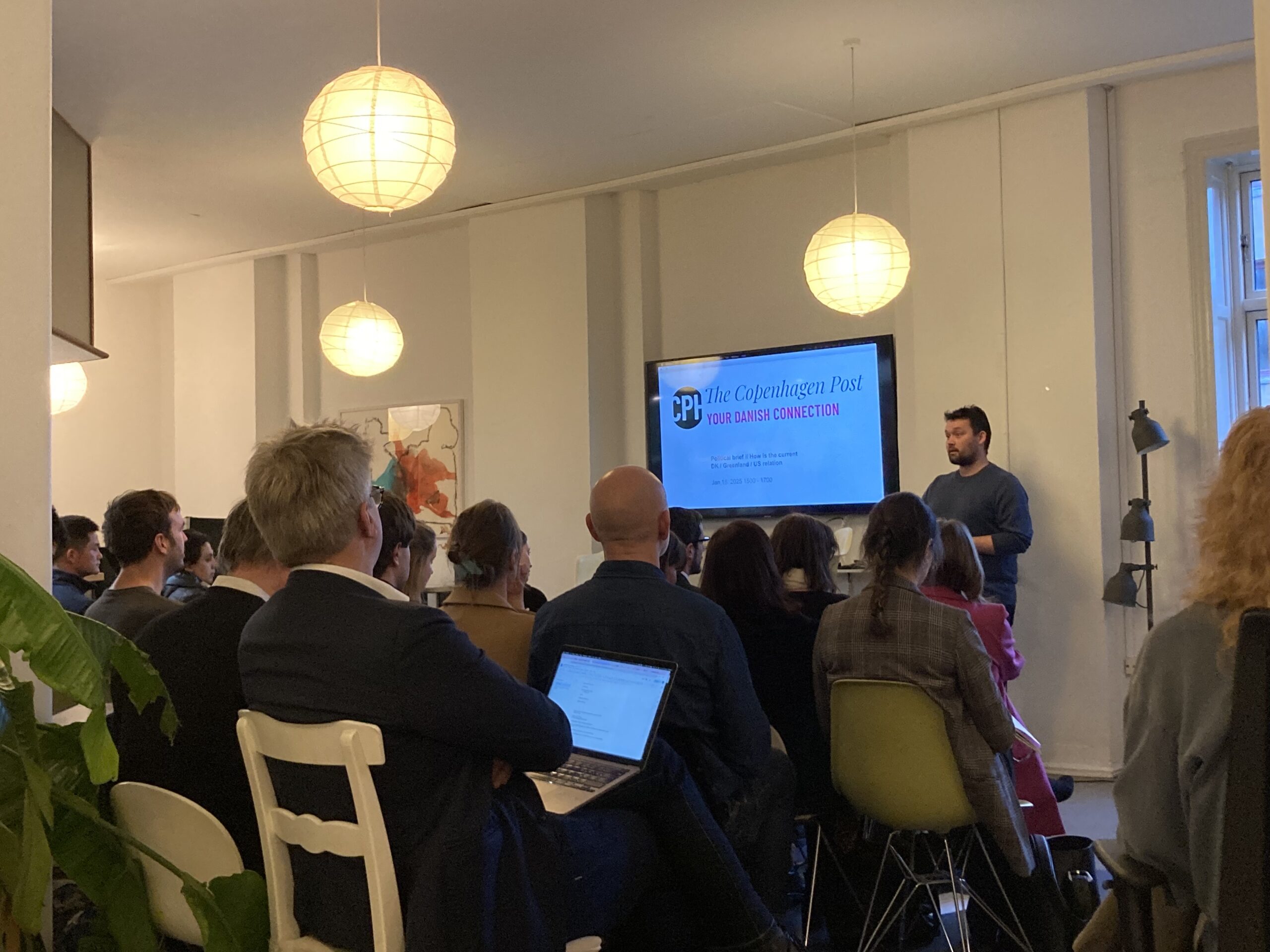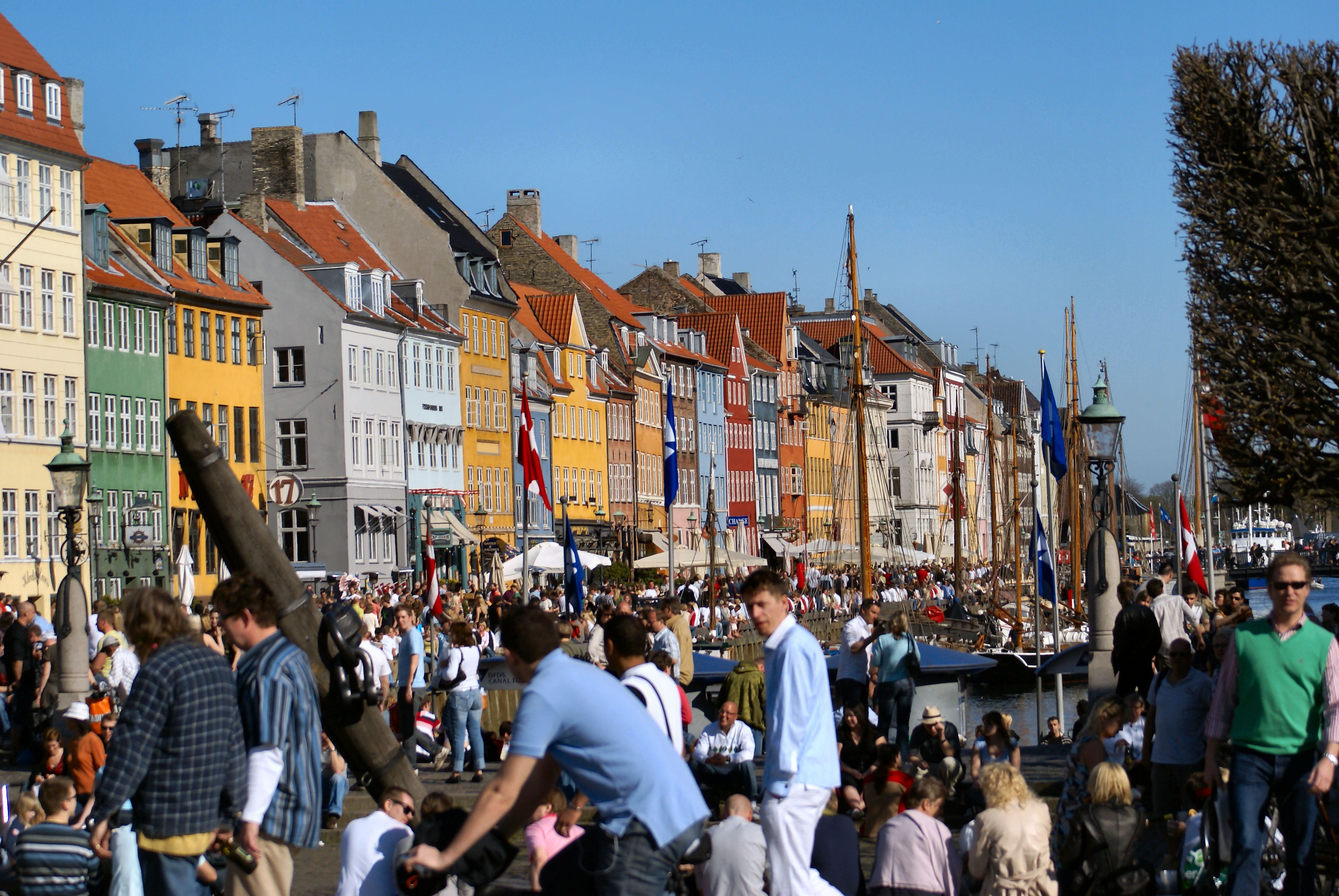This story originally appeared in Portuguese: Paraíso nórdico em risco: problemas na Saúde expõem fissuras no Estado de bem-estar social na região (O Globo)
“I was very afraid of killing someone during my shift,” says former nurse Tanja Rossau Adsersen, 28.
After caring for up to eight post-surgery patients at the same time, she was unsure if she had forgotten to give someone medication or to pass on necessary information to the colleague who replaced her.
On “full alert every day”, in the face of work and psychological overload, Adsersen gave up nursing after becoming pregnant two years ago. She resigned, despite not having a new job, and today works in cosmetic care.
“Now I’m a better mother because I’m no longer afraid,” she says, at the new clinic where she works in the center of the Danish city of Aarhus.
‘Great resignation’
The nurse’s decision is part of the ‘great resignation’, so called by the Danish researchers interviewed for this story.
In 2022, 20 percent of municipal employees in healthcare left the service, according to a government report — more than half of whom are under the age of 25.
The exodus is one of the major causes of the labour shortage in Danish healthcare – the sector’s “biggest problem” according to the Minister for the Interior and Health Sophie Løhde.
The problem affects not only Denmark, but also the other four Nordic nations — Sweden, Norway, Finland and Iceland — exposing gaps in the welfare states developed by these countries throughout the 20th century and generating long-term concerns, according to experts and research from the different countries.
The shift is in particular an effect of the aging population in the region. In recent years, the five countries have seen an increase in the share of the population over 65 years, on average, by 34 percent, according to national data from the five countries.
As a result, countries face two problems. Elderly people are those who use health services the most, which leads to greater demand in the sector. Furthermore, more professionals are retiring, while the young group coming into working age is not keeping up with this growth.
This imbalance puts pressure on a sector already overloaded by work that requires extended night and weekend shifts, particularly in the case of nurses and those elderly care workers.
Working hours are healthcare professionals’ biggest complaint and makes both retaining and recruiting professionals difficult. As a result, the few remaining workers are under heightened pressure.
“Many of my colleagues at college thought about continuing their studies to become professors, so they wouldn’t have to work [in hospitals],” says Adsersen.
Resources to immigrants
Denmark estimates a shortage of 15,000 employees in the sector by 2035, which led the government to sign an agreement at the end of January to facilitate the entry of 1,000 migrants into the healthcare sector.
Remarkably, this took place in a country that has already tried to force Syrian refugees to return to their home country and introduced laws aimed at limiting the number of ‘non-Western’ people in certain neighborhoods.
The labour shortage, researchers point out, particularly affects, not the higher-level roles like doctors and nurses, but lower-level positions of assistants and helpers. These professionals make up the majority of workers in the healthcare sector and carry the burden of extended shifts, as they take care of nursing homes and other services that require 24-hour care.
Adsersen, the Danish nurse, worked for a period providing home care to elderly people and says that there was “not enough time” to treat each one. With several patients to see in one day, she was unable to provide all the help needed.
“You have a specific time, because maybe the next person who is going to visit you would only come after six hours, and they need to go to the bathroom. It was so sad,” she says.
Dispute for young workers
Compounding all this is that, in a landscape in which university courses need to compete for available young people, an education path as demanding but financially unrewarding as healthcare does not attract the numbers it needs.
This situation has also led to an increase in people without formal training in healthcare.
“The question we need to address is what kind of tasks these non-qualified professionals can perform without posing a threat to patient safety,” says Mickael Bech, member of the Robustness Commission of the Danish Healthcare Sector.
In Finland, a study published in 2023 with 2,000 nurses who work with the elderly concluded that a third of them do not feel capable of providing sufficient care. And the government estimates that the country needs 30,000 more nurses by 2030.
Teppo Kröger, director of the Centre of Excellence in Research on Ageing and Care at the University of Jyväskylä, underlines two main problems in Finland: lack of workers and resources in the sector.
It’s a “vicious cycle”, he says. Resources aren’t at the right level, so neither are the staff. Soon, the work becomes more difficult and more people leave the sector, which in turn undermines the work of those who remain.
“Even if there were more personnel available, there would not be enough resources to employ them,” explains the researcher.
Despite having territories of different sizes, Denmark, Finland, Sweden and Norway have another problem in common: imbalances in the distribution of healthcare in their municipalities and rural areas.
In Norway, for example, even with better resources and salaries than in its neighbors, the “long distances” make the sector’s work difficult, says physician Gunnar Bovim, who led a commission set up by the government to evaluate the health sector.
“There is a problem in making people get their home nurse service if they have to travel 40 kilometers,” he says.
The expert suggests making health and social services more effective to tackle the issues, as well as promoting further digitalisation and technological development.
‘There might be a rupture’
In the Nordics, in general, most of the healthcare sector is the responsibility of municipalities. In 2023 in Finland, the government changed this, passing the baton to regional councils in a bid to reduce inequalities in service delivery.
In Denmark, local governments are working to reduce differences at work. Some municipalities began to distribute extra shifts among all workers in the sector, in order to alleviate the load on the workers.
The geographic issue goes hand in hand with the demographic one. With more and more young people moving to big cities to study or work, their parents, when they reach an older age, no longer receive informal care from their children, experts say.
And this whole scenario raises a broader question about the welfare state in which the Nordics are formed. Citizens pay high taxes because they trust that the State will provide a return on various services, including access to free healthcare.
“When there are more and more gaps between official promises and reality, this can become a very big challenge” says the Finnish researcher Kröger.
“Then we might see some kind of rupture. That is certainly a possibility in the future.”

